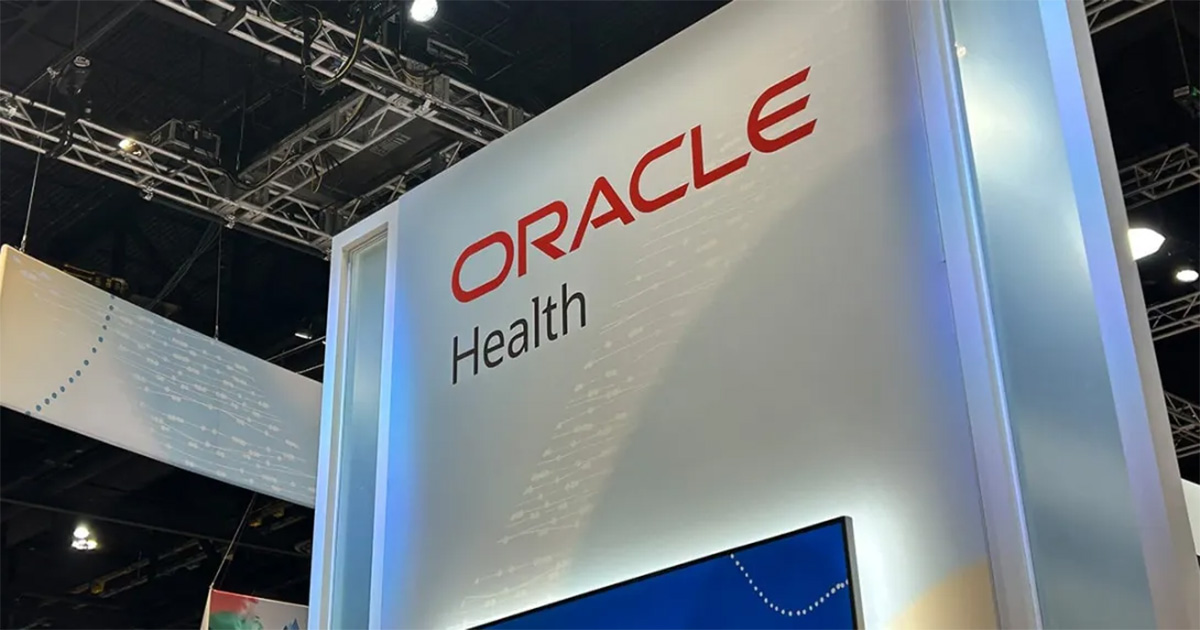It’s not all IT all the time, but Medical Group Management Association leaders say there’s probably more information technology on tap at the MGMA 2010 Annual Conference than ever before.
The conference, with the theme “Reflect, Retool, Rebuild,” convenes Oct. 24-27 in New Orleans.
MGMA has an IT strategy for the annual conference, says Liz Boten, media relations representative – “to provide information and preparation in three key areas: EHRs, meaningful use, and ICD-10 and 5010.”
Among the IT highlights is a talk by David Blumenthal, MD, the national coordinator for health information technology and the chief architect of meaningful use. Blumenthal’s talk is slated for Monday, Oct. 25.
“Now that the regulation is finalized, now they’ve got to sell it,” said Robert Tennant, MGMA’s senior policy adviser. “It’s complicated, it’s comprehensive, so it’s a challenge for ONC and CMS to bring this down to Main Street.”
“Of course, what we’re trying to do generally in New Orleans is take these very complicated programs and bring them to the people so they understand, not just in theory, but in practical terms how they go about making sure they qualify their physicians for the incentives.”
Certification will be top of mind for everyone at the conference, Tennant said. He recommends a panel discussion that includes Karen M. Bell, MD, chairwoman of the Certification Commission for Healthcare Information Technology, one of two organizations (the other is The Drummond Group) to date authorized by the federal government to certify EHR systems. The panel also includes MGMA President and CEO William F. Jessee, MD, a trustee of CCHIT.
Tennant is offering an extended learning session on Monday, Oct. 25, from 1:30-4:45 p.m. on “Medicare Incentive Programs, Meaningful Use Definition, Electronic Prescribing and PQRI.”
“What I want to do is make sure the audience understands exactly what the government expects from them in terms of the meaningful use criteria, in terms of certifications,” he said.
People are so intent on achieving meaningful use that Tennant is worried they might lose sight of the fact that the system has to work in the office.
“Just because you qualify for the incentives doesn’t mean it’s going to be a successful installation,” he said. “What we found was when a practice has a very successful installation, it’s usually a result of a very successful integration of the clinical and the administrative system.”
Rosemarie Nelson, principal, MGMA Health Care Consulting Group, plans to give attendees practical advice in her Wednesday, Oct. 27, session “Optimize for Meaningful Use.”
Nelson will go through the 15 core requirements for meaningful use and have a corresponding list of questions physicians and practice administrators should ask their vendors while selecting an electronic health record system or even if one is already in place.
“You get overwhelmed,” Nelson said. “You get the meaningful use criteria and you can’t figure out how to incorporate it into your workflow. It really is doable now. I think they’ve scaled it to where it really is attainable.”
More than 300 vendors will be exhibiting. The show room is open Sunday through Tuesday, and Nelson expects it will draw bigger crowds than ever this year.
“Attendees are going to be thrilled at having just one place where they can see a whole bunch of stuff, not just EHR’s but portals and other tools – what I call the bolt-ons and the add-ons.”
Kenneth T. Hertz, principal consultant, MGMA said new to this year are regional networking sessions in the afternoons.
“This is when you can talk with your colleagues from your region of the country to learn what’s going on in your particular area,” he said.
Bill Crounse, MD, senior director, worldwide health at Microsoft, will talk about how software and the Internet are transforming health and healthcare delivery when he speaks Tuesday at 8:30 a.m.


